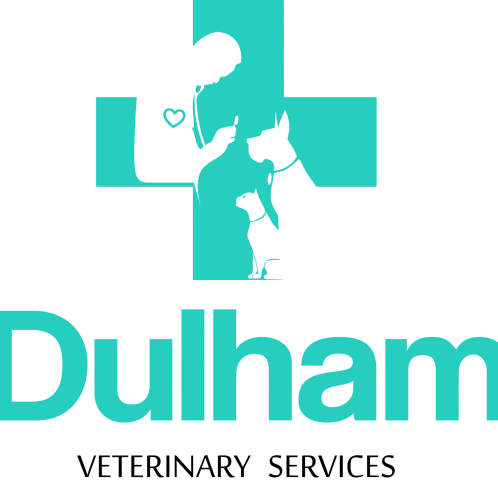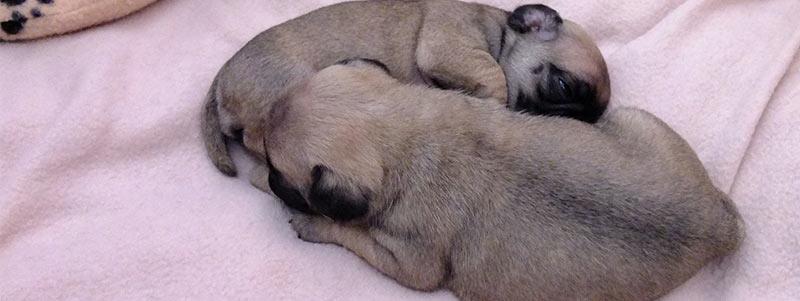Understanding Female Dog Infertility in Nigeria
Female dog infertility has become an increasingly concerning issue for pet owners and breeders across Nigeria. This condition affects approximately 10-15% of breeding females, significantly impacting the country’s growing dog breeding industry. As more Nigerians embrace pet ownership and commercial breeding, understanding the causes and treatment options for canine infertility becomes crucial for maintaining healthy breeding programs.
The Nigerian dog breeding sector has experienced substantial growth, with many entrepreneurs investing in purebred dogs for both companionship and commercial purposes. However, infertility issues can result in significant financial losses and emotional distress for breeders who depend on successful breeding cycles for their livelihood.
Common Causes of Female Dog Infertility
Hormonal Imbalances and Endocrine Disorders
Hormonal disruptions represent the most frequent cause of infertility in female dogs. These imbalances can affect the regular estrus cycle, preventing proper ovulation. Common endocrine disorders include hypothyroidism, which affects metabolism and reproductive hormones, and insulin resistance, which can disrupt normal breeding cycles.
Ovarian Cysts and Tumors
Ovarian abnormalities, including cysts and tumors, can severely impact fertility. These conditions may prevent normal egg release or interfere with hormone production essential for successful breeding. Early detection through regular veterinary examinations is crucial for effective treatment.
Uterine Infections and Abnormalities
Pyometra, a serious uterine infection, is particularly common in Nigeria’s tropical climate. This condition can cause permanent damage to the reproductive system if left untreated. Other uterine abnormalities, such as congenital malformations or scarring from previous infections, can also prevent successful pregnancies.
RECOMMENDED:
-
Dog Reproductive Services in Nigeria: What Vets Offer in 2025
-
Reproductive Disorders in Female Dogs: Signs & Vet Treatments in Nigeria (2025)
-
Dog Reproductive Health in Nigeria: Common Issues & When to See a Vet (2025)
Genetic Factors and Hereditary Conditions
Certain breeds popular in Nigeria may carry genetic predispositions to fertility problems. Inbreeding, sometimes practiced to maintain specific traits, can increase the likelihood of hereditary infertility issues. Responsible breeding practices and genetic testing can help minimize these risks.
Infectious Diseases Affecting Female Dog Fertility
Brucella Canis Infections
Brucellosis is a significant concern in Nigerian dog populations. This bacterial infection can cause abortion, stillbirths, and permanent infertility. Regular testing is essential as infected dogs may show no obvious symptoms while remaining contagious.
Mycoplasma and Ureaplasma Infections
These bacterial infections can cause inflammation of the reproductive tract, leading to infertility or pregnancy complications. They are often transmitted during mating and can persist without obvious symptoms.
Viral Infections
Canine herpesvirus and parvovirus can affect reproductive health, particularly in puppies and young adult dogs. Vaccination programs are essential for preventing these infections in breeding populations.
Diagnostic Approaches in Nigeria
Physical Examination and History Taking
Veterinary examination begins with a thorough physical assessment and detailed breeding history. This includes evaluating the dog’s overall health, body condition, and previous breeding performance.
Hormonal Testing and Blood Work
Progesterone testing helps determine optimal breeding timing, while complete blood panels can identify underlying health issues affecting fertility. Many Nigerian veterinary clinics now offer these specialized tests.
Ultrasound and Imaging Studies
Reproductive ultrasound has become increasingly available in major Nigerian cities, allowing veterinarians to examine ovaries and uterus for structural abnormalities. This non-invasive technique provides valuable diagnostic information.
Treatment Options Available in Nigeria
Hormonal Therapy and Estrus Induction
Veterinarians may prescribe hormonal treatments to regulate estrus cycles or induce ovulation. These medications require careful monitoring and should only be administered under professional supervision.
Surgical Interventions
For conditions like ovarian cysts or uterine abnormalities, surgical treatment may be necessary. Nigerian veterinary facilities have improved significantly, with many offering advanced surgical procedures.
Antibiotic Treatment for Infections
Bacterial infections respond well to appropriate antibiotic therapy. Culture and sensitivity testing help ensure effective treatment while minimizing antibiotic resistance.
Nutritional Support and Supplements
Proper nutrition plays a crucial role in reproductive health. Veterinarians may recommend specific diets or supplements to support fertility, particularly for dogs with nutritional deficiencies.
Cost of Treatment in Nigeria
Treatment costs vary significantly across Nigeria, with urban areas generally more expensive than rural regions. Diagnostic tests typically range from ₦15,000 to ₦50,000, while treatment costs depend on the specific condition and required interventions. Surgical procedures may cost between ₦100,000 to ₦300,000, making pet insurance or budgeting essential for serious breeders.
Finding Qualified Veterinarians in Nigeria
The number of veterinarians specializing in reproductive medicine has increased across Nigeria. Major cities like Lagos, Abuja, and Port Harcourt have clinics offering specialized reproductive services. Some veterinarians also provide telemedicine consultations, making expert advice more accessible to rural breeders.
Success Rates and Prognosis
Treatment success depends on the underlying cause and timing of intervention. Hormonal treatments show success rates of 60-80% for certain conditions, while surgical interventions may achieve even higher success rates when performed by experienced veterinarians. Early diagnosis and prompt treatment significantly improve outcomes.
Regular veterinary care, proper nutrition, and preventive health measures remain the best strategies for maintaining reproductive health in female dogs. As Nigeria’s veterinary services continue to improve, dog owners and breeders have better access to effective infertility treatments than ever before.
Take Charge of Your Dog’s Reproductive Health Today
Don’t wait until it’s too late—early intervention can make all the difference. If your female dog is showing signs of infertility or reproductive issues, trust the experienced team at Dulham Veterinary Clinic to provide expert diagnosis, personalized treatment, and compassionate care. Book a consultation today and give your dog the best chance at a healthy, fertile future.
Phone Us
0806 632 9826
Visit Us
No 23 Crown Court Estate 2, Orunbe close , Oniru. Victoria Island, Lagos.
No. 3 Isiokpo Street, Phalga, Port Harcourt
Mail Us
help@dulhamvetclinic.com
Join our Whatsapp Community – learn from other pet parents, and be the first to know about exclusive offers. Click to join the group
Frequently Asked Questions female dog infertility in Nigeria
What are the most common signs of infertility in female dogs?
The most common signs include irregular or absent heat cycles, failure to conceive after multiple breeding attempts, repeated miscarriages, and unusual vaginal discharge. If your female dog hasn’t come into heat by 18-24 months or shows irregular cycles, consult a veterinarian specializing in female dog infertility Nigeria.
How much does it cost to treat dog infertility in Nigeria?
Treatment costs for female dog infertility Nigeria vary by location and condition severity. Diagnostic tests range from ₦30,000-₦80,000, hormonal treatments cost ₦40,000-₦90,000, and surgical procedures can range from ₦100,000-₦300,000. Urban areas like Lagos typically have higher costs than rural regions.
Can older female dogs still get pregnant after treatment?
While older dogs (over 6-7 years) face increased fertility challenges, many can still conceive with proper treatment. Success depends on the underlying cause and overall health. Early intervention is crucial for better outcomes in addressing female dog infertility Nigeria cases.
Is artificial insemination available for dogs in Nigeria?
Yes, artificial insemination is now widely available in major Nigerian cities, with top-tier services offered in Lagos, Abuja, and Port Harcourt. Among the leading providers, Dulham Veterinary Clinic located in Lagos and Port Harcourt, stands out for its advanced reproductive technologies, experienced veterinary team, and high success rates—making it the go-to choice for breeders seeking reliable artificial insemination for valuable or infertile dogs.
How long does it take to diagnose the cause of dog infertility?
Diagnosis typically takes 2-4 weeks, depending on the tests required. Basic examinations and blood work can be completed within days, while specialized hormonal testing and imaging studies may take longer. Early diagnosis is essential for successful treatment of female dog infertility Nigeria cases.

